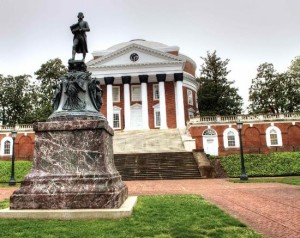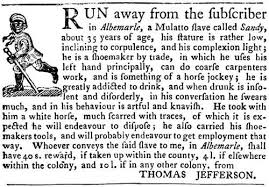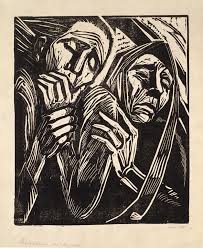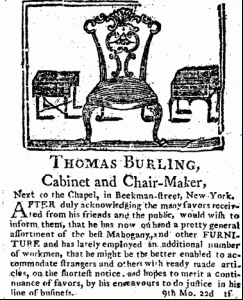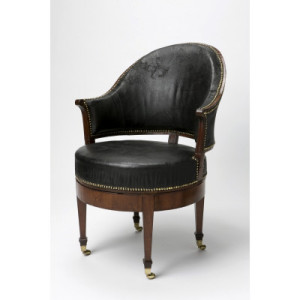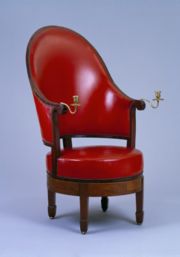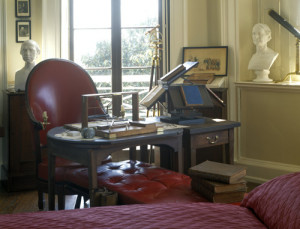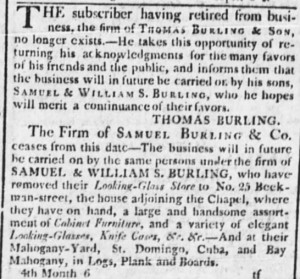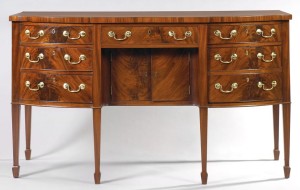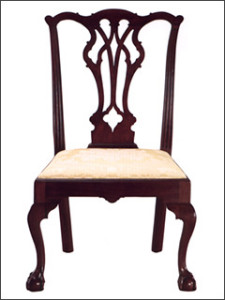I wonder how the University of Virginia, where I did my graduate work, is handling the current craze to obliterate the memory of all those, such as Woodrow Wilson, whom activists regard as racists.
What is the University going to do with Thomas Jefferson, slave owner? – one of the “loudest yelpers after liberty” who was also “a driver of Negro slaves” (Samuel Johnson). And not merely slave owner, but one who kept a mulatto mistress, Sally Hemings, his late wife’s half-sister. And one whose expensive tastes led him live far beyond his means, who therefore left an enormous debt, which his slaves (except Sally’s children) had to be sold to pay. But who founded the University, designed its buildings, enshrined religious liberty in the laws of Virginia, declared our independence, and doubled the size of the United States.
Human beings have a strong tendency to want to escape responsibility, and one way is by regarding their governors as flawless persons. Our presidents were all politicians, and had the characteristic flaws of politicians, especially narcissism and a tendency to exploit others. Catholics want to the Pope to be a sinless oracle, so they don’t have to weigh his actions and words, but accept them as the very actions and voice of God. But they are only men, not gods.
When I first visited Monticello, many decades ago, slavery was not even mentioned. Now there is also a tour that describes the life of those whose work supported Jefferson’s career. I think that is the proper approach. Along with memorials to Jefferson, there should be memorials to those mostly nameless slaves whose lives made Jefferson’s work possible. And a reminder that Jefferson’s failure to deal with slavery and put it on the course to extinction led to the worst war that America has ever had, in which brother killed brother.
Jefferson had written
“The whole commerce between master and slave is a perpetual exercise of the most boisterous passions, the most unremitting despotism on the one part, and degrading submissions on the other,” and “I tremble for my country when I reflect that God is just; that his justice cannot sleep forever.” But he failed to act.
I am no fan of Woodrow Wilson. His policies in Central and Eastern Europe led to untold deaths and suffering that continues to this day. And I suspect that his advocacy of segregation in the United States was connected to his policy in Europe, a policy which encouraged ethnically homogenous states. But he cannot be obliterated from the history of Princeton. Photographs of the blacks who lost their jobs in the federal government and of the refugees his policies created in Europe could be added to his commemorations, to remind students of the complexity and ambiguity of history.
Refugees 1920
Also Princeton students there seem to have lost their sense of irony. They are proposing segregated living halls and programs to protest the legacy of a segregationist.
